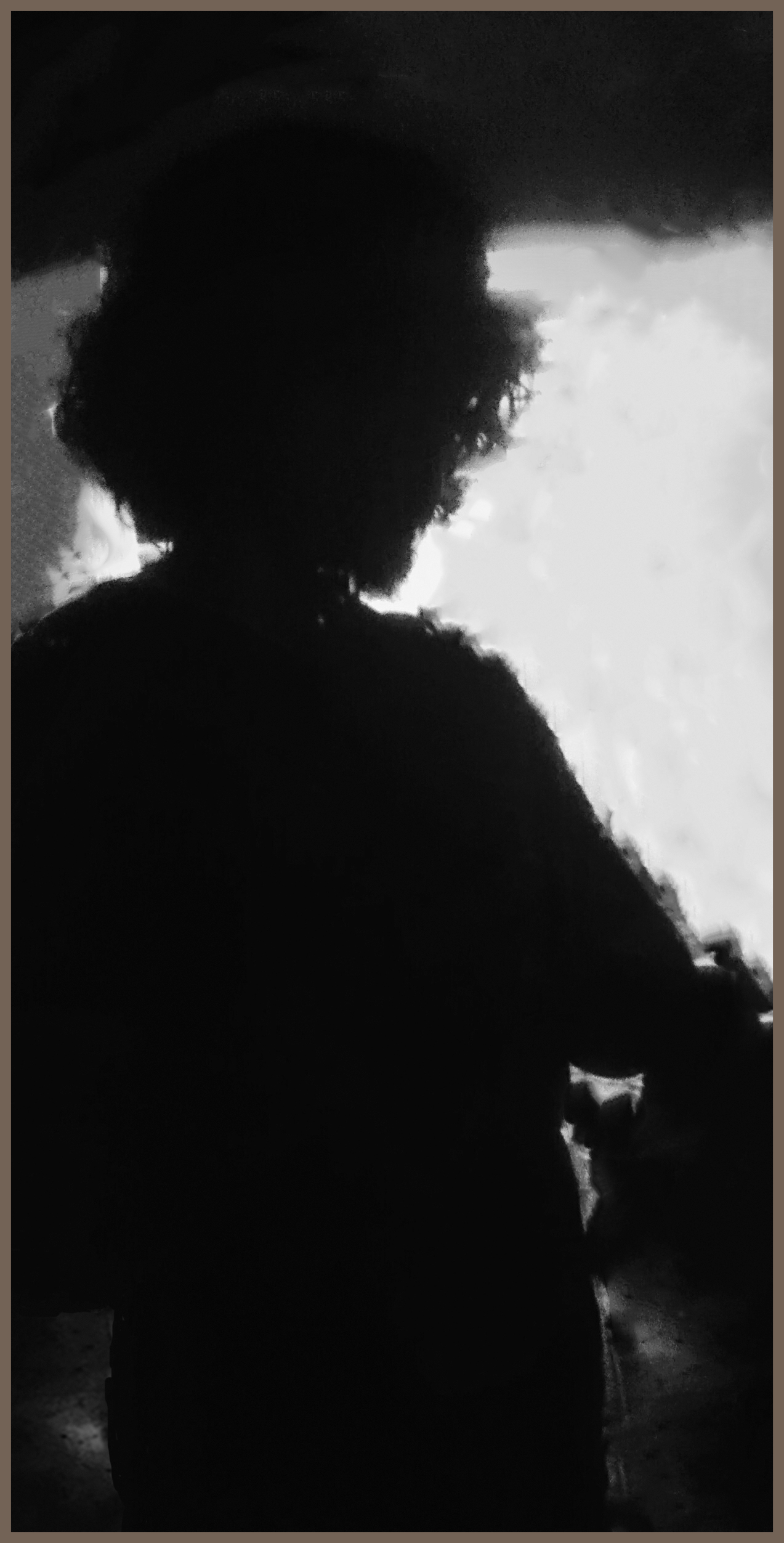He, the Distant

Beat the drums of war to feud
Blow the trumpets loud and rude
Make way and brace for a magnitude
Of the wise fool’s rising aptitude
Roaming about for lust and food
To him the earth beneath subdued
By a dream he breathed and was consumed
To bond and see his rule approved
He gives but to his own brood
And all others are mere crudes
Awakened now he rose to brood
How time has left him ridiculed
By Tongues of Flames his worth is fuelled
Selflessness is not to act amused
But disdain for self and all accused
Of righteousness proclaimed and bestowed
"And let none disturb his Solitude!"
“Shall I not tell you of the best of the people in status? A man who rides his horse in the cause of Allah, the Mighty and Sublime, until he dies or is killed.
Shall I not tell you of the one who comes after him (in status)? A man who withdraws to a mountain pass and establishes Salah, and pays Zakah, and keeps away from the evil of people.”
— Prophet Muhammad (ﷺ)
Such there is Night، not Night as ours—Unhappy Folk
— J.R.R. Tolkien.
The Unhappy Folk: unhappyfolk.org
Telegram: unhappyfolk.t.me
Mail: msg@unhappyfolk.org
